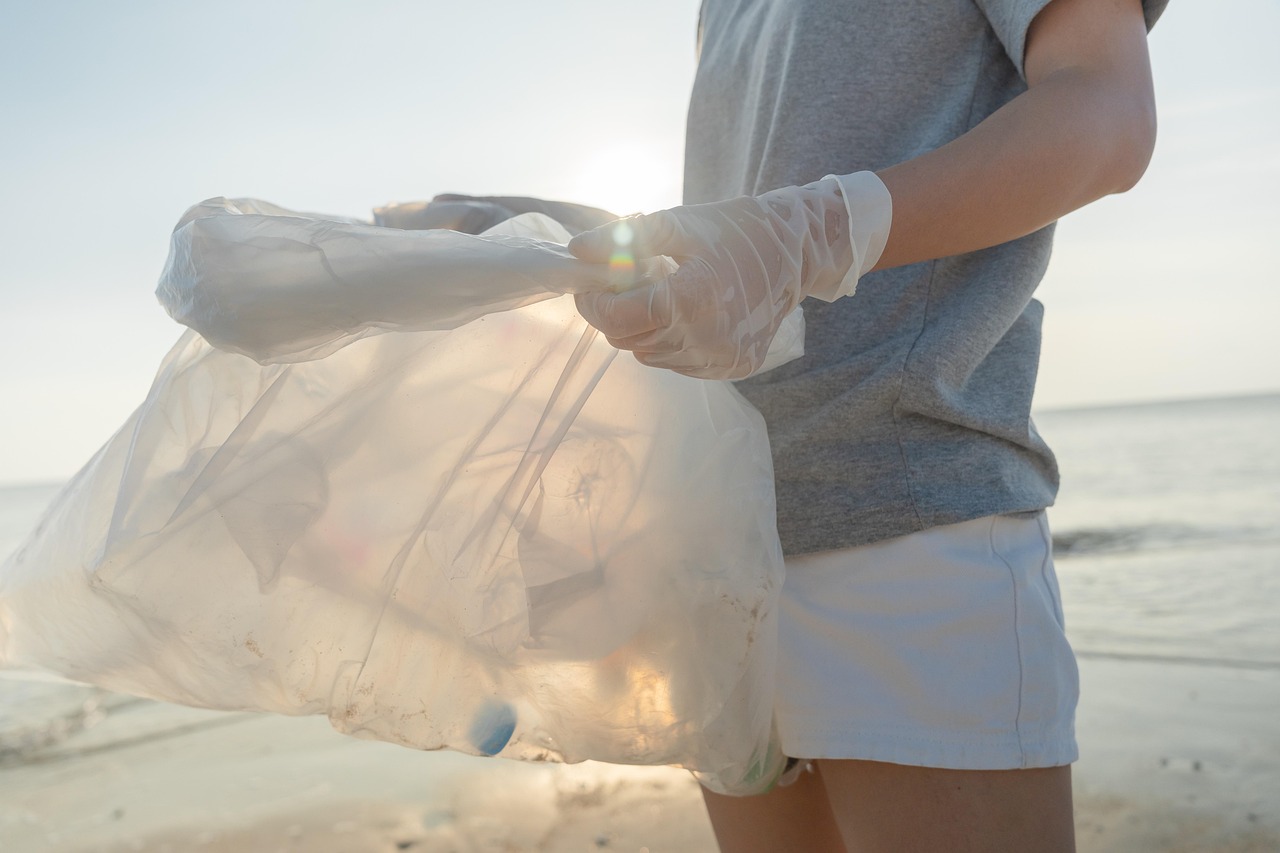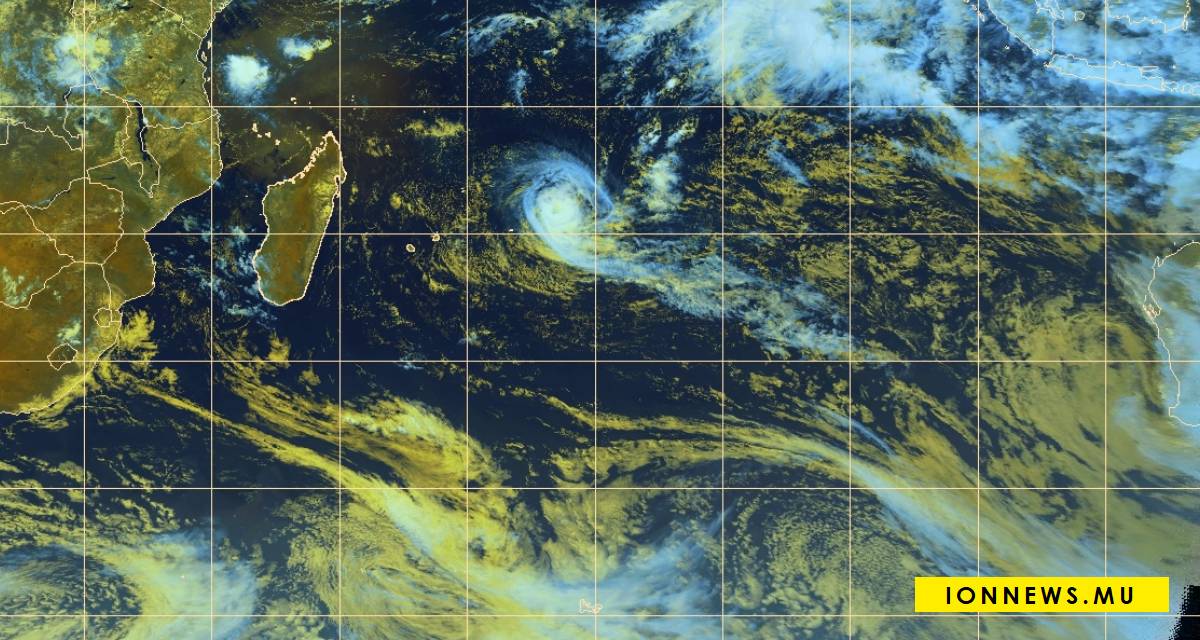Plastic Treaty Negotiations:
After ten days of intense negotiations in Geneva, the 185 countries involved in the first international plastic treaty failed to reach a consensus on the new compromise text. Delegates from India and Uruguay confirmed that, despite the extensive discussions, agreement on the final draft remains elusive, highlighting the challenges of forging global cooperation on environmental issues.
Plastic Treaty Negotiations: Details of the Negotiation Deadlock
The compromise text presented in the middle of the night from Thursday to Friday still contained over a hundred points requiring clarification. Ambiguities on responsibilities, enforcement mechanisms, and financial commitments prevented the parties from aligning their positions. The deadlock underscores the complexities of negotiating an agreement that must balance environmental goals with economic and political considerations.
Countries expressed differing priorities: developing nations emphasized the need for financial support and technical assistance, while industrialized nations sought clearer frameworks for accountability. These conflicting demands illustrate the difficulty in achieving a universally accepted treaty on plastic pollution.
Plastic Treaty Negotiations: Global Implications of the Deadlock
The inability to reach consensus has significant implications for the fight against plastic pollution. Without an international agreement, coordination on reduction targets, recycling protocols, and monitoring mechanisms remains fragmented. Environmental organizations have stressed that plastic pollution continues to threaten oceans, wildlife, and human health, making timely global action crucial.
The deadlock also sends a message about the challenges of multilateral diplomacy, especially when interests diverge sharply between nations with different levels of development and economic priorities.
Plastic Treaty Negotiations: Calls for Renewed Efforts
Following the stalled negotiations, delegates have called for renewed efforts to find common ground. Informal sessions and expert consultations are expected to continue, aiming to refine the compromise text and bridge differences. Observers note that the next steps will require flexibility, transparency, and a willingness to prioritize environmental sustainability over short-term national interests.
Plastic Treaty Negotiations: Challenges in Reaching a Global Agreement
One of the main challenges in the Plastic Treaty Negotiations is balancing the diverse interests of participating countries. Developing nations often seek financial aid and technology transfers to implement sustainable waste management, while industrialized nations push for stricter compliance and measurable results. These divergent priorities make negotiations particularly complex and time-consuming.
Additionally, the lack of a binding enforcement mechanism complicates matters further. Without clear sanctions or incentives, some nations may hesitate to commit fully, fearing economic repercussions. Delegates must navigate these political and economic concerns while maintaining focus on the urgent environmental goals of the treaty.
The Role of Environmental Organizations
Environmental NGOs and advocacy groups play a critical role in supporting the Plastic Treaty Negotiations. They provide research, highlight gaps in national policies, and push for ambitious targets on plastic reduction and waste management. Their presence ensures that the interests of ecosystems, wildlife, and future generations remain central to discussions, even amid political deadlocks.
These organizations also engage the public and raise awareness about the dangers of plastic pollution, applying additional pressure on governments to reach a meaningful international agreement.
Economic and Social Considerations
Economic and social factors heavily influence the treaty discussions. Countries must weigh the costs of implementing recycling infrastructure, banning certain plastics, and supporting industries affected by regulations. Social considerations, including public health and community resilience, also play a role in shaping national positions.
The GRNO Drug Seizure demonstrates the importance of addressing environmental challenges in a way that considers the broader societal impacts, ensuring that solutions are equitable and sustainable.
International Cooperation and Stakeholder Engagement
Successful Plastic Treaty Negotiations rely heavily on international cooperation and active engagement of multiple stakeholders. Governments, private sector representatives, scientists, and civil society must collaborate to identify practical solutions for reducing plastic production and improving waste management. Open dialogue and transparency are key to building trust and reaching compromises acceptable to all parties.
Delegates have acknowledged that only through sustained cooperation can long-term environmental objectives be achieved. Coordination between countries ensures consistent standards, monitoring, and reporting, which are essential for the treaty’s credibility and effectiveness.
Scientific and Technological Input
Scientific research and technological innovation provide the backbone for effective treaty measures. Experts contribute data on plastic pollution, environmental impacts, and feasible mitigation strategies. Technologies for recycling, alternative materials, and sustainable packaging are central topics during negotiations, helping to create realistic and implementable solutions.
The integration of scientific advice ensures that the treaty is not only politically acceptable but also environmentally sound, addressing the root causes of plastic pollution rather than just its symptoms.
Public Awareness and Advocacy
Public engagement plays a crucial role in shaping the outcomes of the Plastic Treaty Negotiations. Awareness campaigns, educational initiatives, and advocacy programs encourage citizens to reduce plastic consumption and support government policies. By generating public pressure, these efforts can influence negotiators to adopt stronger environmental protections.
Engaging communities worldwide ensures that the treaty reflects not only the interests of nations but also the needs and expectations of global citizens who are directly affected by plastic pollution.
Next Steps for Global Plastic Policy
The tenth and final phase of the Plastic Treaty Negotiations focuses on actionable steps for the coming months. Delegates are expected to continue informal sessions to clarify over a hundred points of the compromise text. The emphasis is on bridging differences between developing and industrialized nations, while ensuring strong environmental safeguards and accountability mechanisms.
Effective monitoring, reporting, and enforcement will be key components of the treaty once finalized, guaranteeing that commitments translate into measurable reductions in plastic pollution worldwide.
Conclusion
The Plastic Treaty Negotiations illustrate both the challenges and opportunities in global environmental diplomacy. Although consensus has not yet been reached, the discussions in Geneva highlight the collective recognition of plastic pollution as a pressing global issue. Continued dialogue, scientific guidance, and public advocacy will be essential to reach a binding agreement that protects ecosystems and human health.
As negotiations continue, stakeholders and citizens alike are encouraged to stay informed, participate in advocacy, and support policies aimed at reducing plastic waste, ensuring that future agreements are both ambitious and achievable.
For related coverage on environmental treaties, read our article Global Climate Agreements: Challenges and Progress. For further insights on international efforts to reduce plastic pollution, see the UNEP Handbook on Plastic Pollution Treaties.




